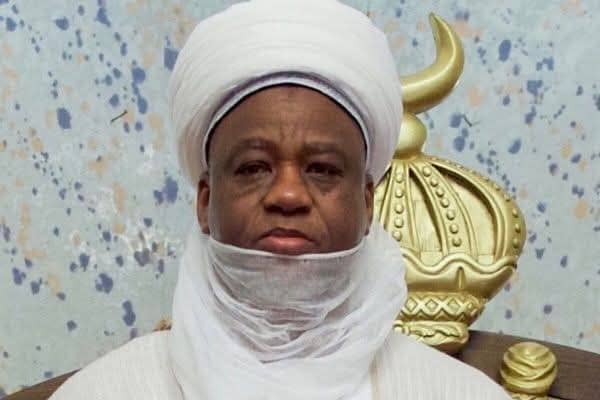By: Joy Musa
In a recent statement credited to the revered Sultan of Sokoto, a call was made for social media to be treated as a terrorist organisation. While the concerns over the growing misuse of digital platforms are not without merit, such a sweeping characterization is not only extreme but could also set a dangerous precedent for freedom of expression and civic engagement in Nigeria.
Social media, like our towns and cities, is an open space—populated by diverse voices and used for a wide range of purposes. Just as we do not condemn an entire community for the wrongdoing of a few, it is unfair and unwise to vilify an entire medium because of the actions of a small number of bad actors.
The true threats to northern Nigeria are not tweets or Facebook posts—they are the armed bandits, kidnappers, and terrorist groups who continue to destroy lives and communities in Sokoto, Zamfara, Katsina, Kebbi, and in other parts of the North Central and North East. These are the enemies we must unite against, with urgency and resolve.
Social media has become a powerful tool for good. It is where young Nigerians are building careers, growing businesses, and amplifying their voices in governance. It’s where humanitarian aid is mobilised, prayers are shared, and the moon sighting—a key ritual in the Islamic calendar—is broadcast to millions. Scholars and clerics across the Muslim world use platforms like YouTube, X (formerly Twitter), and Facebook to spread knowledge, compassion, and moral guidance. Are we to call them terrorists too?
We must recognize that the platform is not the problem—individuals who commit crimes online are. The government already has laws and instruments in place to address cybercrime, misinformation, and incitement. These should be enforced without demonising the space itself.
As Northern Minority Groups, we hold our traditional and religious leaders in the highest regard. However, we must respectfully urge our elders to consult widely with experts, digital analysts, legal minds, and civil society leaders before making public pronouncements that carry such heavy implications.
Blanket statements can damage public trust, limit the democratic space, and send a chilling message to the millions of law-abiding citizens who rely on social media for connection, learning, and survival. In a time when misinformation is rife and unity is fragile, our words must build bridges, not walls.
The North is facing monumental challenges—ranging from insecurity and poverty to out-of-school children and economic stagnation. These are the real battles that deserve our full attention, not an all-out war on a tool that can be used for progress if managed wisely.
Social media is not the enemy. The fight should be against the forces of terror, not the voices of the people.







